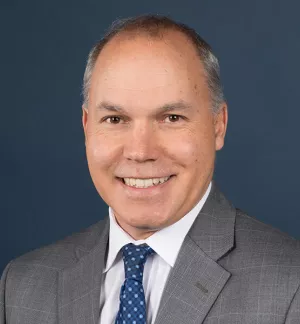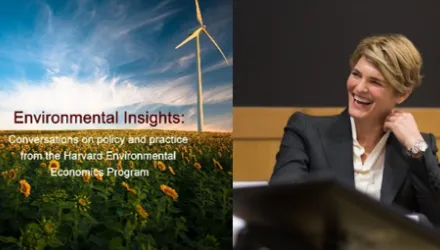Papal encyclical will focus governmental, scientific, moral attention on issue, Harvard analysts say
During his two years leading the Roman Catholic Church, Pope Francis has washed the feet of inmates, proposed larger roles for women in the church, and famously shifted the institutional tone toward gay acceptance, saying, "If someone is gay and he searches for the Lord and has good will, who am I to judge?"
On Thursday he again displayed his activist side by delivering a papal encyclical, a formal letter to the world's Catholic community, titled “"Laudato Si" or "Praise Be to You," which addressed issues involving climate change and the poor. In the nearly 200-page document, the pope ― who has a master's degree in chemistry ― discussed how the effects of global warming disproportionately harm the poor, backed the science outlining climate change, and called for worldwide action to stop global warming.
Responding to the encyclical, Harvard President Drew Faust said, "Climate change is among the most dire and devastating threats confronting people and the planet today. It was clear from the time he chose to be named after St. Francis of Assisi that Pope Francis would demonstrate a powerful reverence for all living things, and deep compassion for the most disadvantaged among us. In showing how climate change is both a threat to the planet and to impoverished peoples across the globe, Pope Francis' encyclical highlights climate change as one of the most urgent social justice issues of our time."
To better understand the issues in play, the Gazette spoke with three Harvard scholars about the papal encyclical, its policy implications, and its likely impact on both the church and the international debate on climate change.
"...Joseph Aldy is an assistant professor of public policy at Harvard Kennedy School whose research focuses on climate change, and energy policy and mortality/risk valuation.
GAZETTE: Many have called the encyclical at odds with the work of policy analysts who recognize the need for the use of market-based policy instruments — carbon taxes and/or cap-and-trade systems — in combatting climate change. What are your thoughts?
ALDY: Having the pope say 'Climate change is a major problem: Let's acknowledge the work of all the good scientists around the world saying we are causing this problem, and that we need to act' is really important. On the policy approach, I was puzzled to find such a strong opposition to using market-based approaches like cap and trade. Last year at the United Nations General Assembly, heads of state came together to talk about climate change. We had an announcement on carbon pricing signed on by more than 70 countries, more than 1,000 businesses — reflecting this emerging view of both those in public policy and those using the technologies in the business world — that pricing carbon is the way to get us off of fossil fuels, to create that incentive for the technologies that will allow us to still enjoy the level of economic development that we aspire to, without having an adverse impact on the climate. In terms of how the pope’s letter might guide policy design and policy implementation, I think it is out of step with the scholarship and where the public policy community is going...."
Continue reading: http://news.harvard.edu/gazette/story/2015/06/a-blessing-to-slow-climate-change/
Fiorenza, Francis Schüssler, Joseph E. Aldy and Naomi Oreskes. “A Blessing to Slow Climate Change.” Harvard Gazette, June 18, 2015





